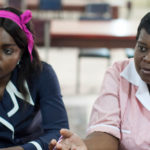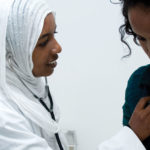
A new study using mystery clients reveals major gaps in access to abortion with pills in Kinshasa. Only 23% of pharmacies gave correct dosage info—putting people’s health at risk.
A recently released national report details a study highlighting gaps in Kenya’s sexual and reproductive health services—and gives compelling evidence that expanding access to modern and effective family planning and contraception is crucial to preventing unintended pregnancies and unsafe abortion methods.
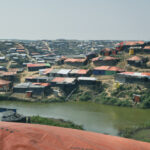
Conducted by Ipas in partnership with the University of California, Berkeley, and the Association for Prevention of Septic Abortion, Bangladesh (BAPSA), this study protocol introduces a new method for more accurately measuring maternal deaths caused by abortion complications among forcibly displaced populations living in refugee camps.
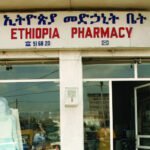
A pilot program by Ipas, the Ethiopian Ministry of Health, and the Oromia Health Bureau proved that private pharmacies can safely expand access to abortion with pills—making essential care more available and closer to home for women in Ethiopia.
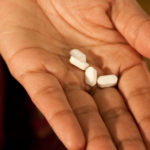
A study conducted by researchers from Ipas Development Foundation and partners, this study examines national survey data to understand the growing use of self-managed abortion (SMA) in India. The research confirms that SMA—using abortion pills outside of a clinic—has become much more common and is a safe and effective option, especially in early pregnancy.
Ipas’s 2024 research provides crucial evidence on abortion access, care quality, and stigma reduction. With 26 studies in 15 peer-reviewed journals across nine countries, these findings inform policy, improve health services, and advance SRHR worldwide.
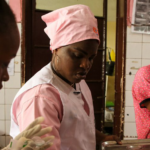

Abortion has been legally accessible in India for over five decades. However, there has never been a large-scale survey that goes beyond legal frameworks to explore public opinion and attitudes toward abortion.
Despite advancements in safe abortion care around the world, the playing field is far from level. Some people have easy access to quality care, while others face significant barriers.
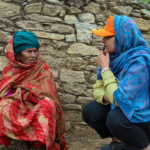
Amidst the majestic peaks of the Himalayas, Nepal faces a dual reality: breathtaking landscapes and formidable environmental challenges. Research by Ipas Nepal shows that beyond the snow-capped summits and lush valleys lies a quieter battle—one that adversely affects women’s health and rights.
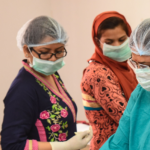
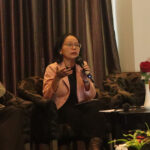

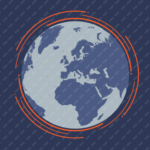
Research from around the world shows that the ability to decide when and whether to have another child helps mothers take better care of themselves and the children they already have.
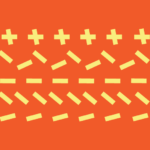
Training mid-level providers to offer medical abortion services after 12 weeks of pregnancy independently of physicians is feasible—and results in comparable clinical outcomes.
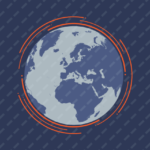
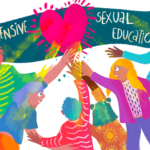
New research from Ipas and Political Research Associates finds that bisexual and pansexual young people feel vastly underserved by comprehensive sexuality education (CSE) programs—but they also have many recommendations for how to improve the situation.
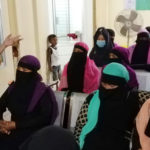
Research has long shown that women and girls who experience gender-based violence at the hands of their husbands or sexual partners often experience poor reproductive health and unintended pregnancy. This issue is heightened in humanitarian settings, where women and girls are at increased risk of sexual and gender-based violence.
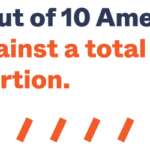
Amidst ever-increasing abortion restrictions in the United States, new research commissioned by Ipas shows nine in 10 Americans oppose total abortion bans.

There are more refugees and displaced people than ever before—more than 100 million according to current estimates. While it is often believed that abortion care is not a priority need in refugee camps and other humanitarian settings, a study from the Central African Republic (CAR) adds to the growing body of evidence that it is.
